
Kalpitiya: Sri Lanka's Coastal Gem of Adventure and Serenity
Kalpitiya, located on the northwest coast of Sri Lanka, is a paradise for nature lovers and adventure seekers alike. Known for its stunning coastline and pristine beaches, this hidden gem offers a unique blend of tranquility and excitement. The area is renowned for its rich biodiversity, including the vibrant coral reefs of Bar Reef, one of the largest coral reefs in Sri Lanka. Visitors can experience the thrill of dolphin and whale watching, as well as the serene beauty of the lagoon and mangrove forests that are perfect for kayaking and bird watching. The town itself is a charming fishing village where you can experience the local culture and cuisine. Fresh seafood is a highlight, and you can savor delicious dishes prepared with the catch of the day. Kalpitiya is also famous for kite surfing, attracting enthusiasts from around the world. The consistent winds and flat-water lagoons create ideal conditions for both beginners and seasoned kite surfers. For those interested in history, the ancient Dutch Fort and St. Anne's Church provide a glimpse into the area's colonial past. Whether you're looking to relax on the sandy shores, explore underwater wonders, or engage in thrilling water sports, Kalpitiya has something for everyone. The welcoming local community and unspoiled natural beauty make it a must-visit destination in Sri Lanka.
Local tips in Kalpitiya
- Visit during the dry season from May to September for the best kite surfing conditions.
- Take a boat tour early in the morning for the best chances of spotting dolphins.
- Explore the Bar Reef Marine Sanctuary with a guided snorkeling or diving tour.
- Sample fresh seafood at local restaurants for an authentic culinary experience.
- Rent a bicycle to explore the local mangrove forests and fishing villages at your own pace.
Kalpitiya: Sri Lanka's Coastal Gem of Adventure and Serenity
Kalpitiya, located on the northwest coast of Sri Lanka, is a paradise for nature lovers and adventure seekers alike. Known for its stunning coastline and pristine beaches, this hidden gem offers a unique blend of tranquility and excitement. The area is renowned for its rich biodiversity, including the vibrant coral reefs of Bar Reef, one of the largest coral reefs in Sri Lanka. Visitors can experience the thrill of dolphin and whale watching, as well as the serene beauty of the lagoon and mangrove forests that are perfect for kayaking and bird watching. The town itself is a charming fishing village where you can experience the local culture and cuisine. Fresh seafood is a highlight, and you can savor delicious dishes prepared with the catch of the day. Kalpitiya is also famous for kite surfing, attracting enthusiasts from around the world. The consistent winds and flat-water lagoons create ideal conditions for both beginners and seasoned kite surfers. For those interested in history, the ancient Dutch Fort and St. Anne's Church provide a glimpse into the area's colonial past. Whether you're looking to relax on the sandy shores, explore underwater wonders, or engage in thrilling water sports, Kalpitiya has something for everyone. The welcoming local community and unspoiled natural beauty make it a must-visit destination in Sri Lanka.
When is the best time to go to Kalpitiya?
Iconic landmarks you can’t miss
Kalpitiya Dutch Fort
Uncover the history of Kalpitiya Dutch Fort, a stunning landmark that captures the essence of Sri Lanka's colonial heritage amidst breathtaking coastal views.
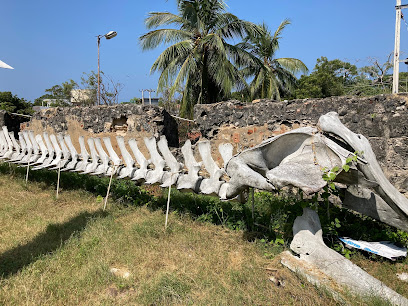
Atara Lagoon Kalpitiya
Experience luxury and tranquility at Atara Lagoon Kalpitiya, a premier resort hotel offering stunning lagoon views and authentic Sri Lankan cuisine.
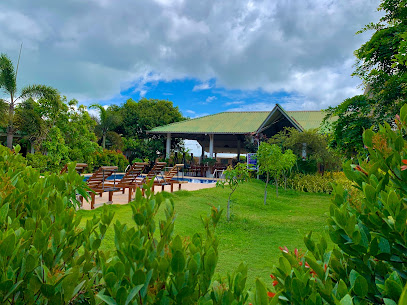
Kalpitiya ocean Lanka
Experience the best of marine adventures with whale watching and scuba diving at Kalpitiya Ocean Lanka, Sri Lanka's ultimate ocean getaway.
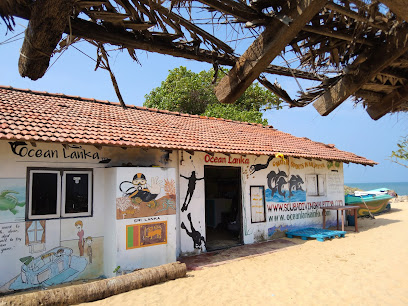
Kudawa Beach Kalpitiya
Experience the thrill of kite surfing and the tranquility of nature at Kudawa Beach, Kalpitiya, a true hidden gem in Sri Lanka.
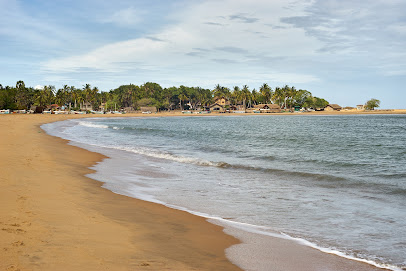
Kalpitiya Beach
Experience the tranquil beauty and adventure of Kalpitiya Beach, a breathtaking hidden gem on Sri Lanka's coastline.
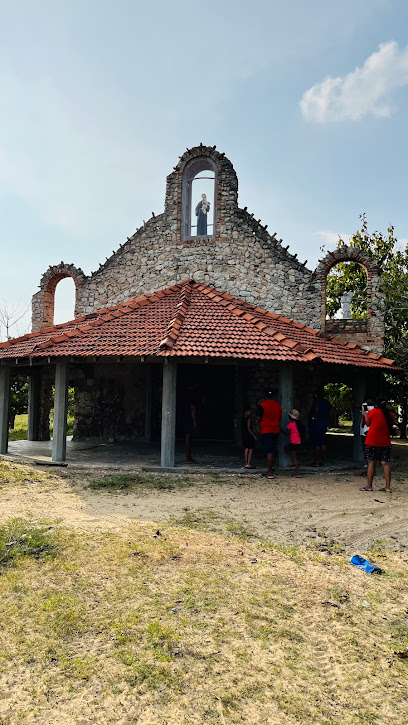
Boat Trip Kalpitiya | Dolphin Watching
Discover the magic of dolphin watching and thrilling boat tours in Kalpitiya, Sri Lanka – a paradise for nature lovers and adventure seekers alike.
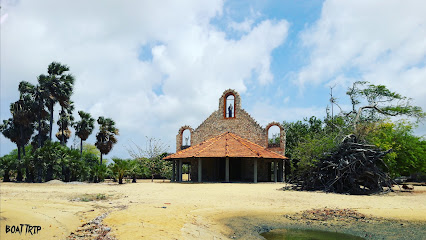
The Araliya Retreat
Discover tranquility and adventure at The Araliya Retreat in Kalpitiya, Sri Lanka—your perfect getaway in a stunning coastal paradise.

Sri Lanka Kitesurfing -Surfpoint Kalpitiya Kite Village
Experience the thrill of kitesurfing in the stunning surroundings of Surfpoint Kalpitiya, a paradise for adventure seekers in Sri Lanka.
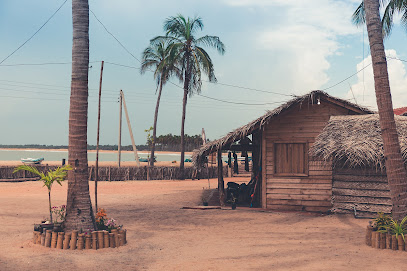
Kalpitiya Lagoon
Experience the tranquility and adventure of Kalpitiya Lagoon, a stunning natural paradise in Sri Lanka, perfect for relaxation and water sports.
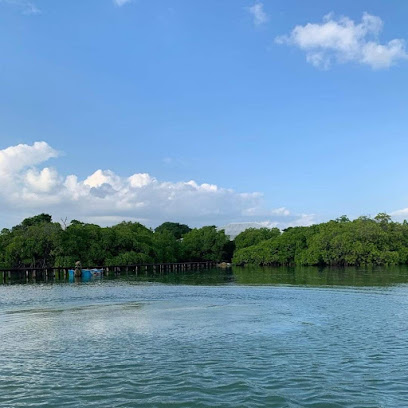
Kitesurfing Kalpitiya - Margarita Village kite school
Discover exhilarating kitesurfing at Margarita Village in Kalpitiya, Sri Lanka – where adventure meets breathtaking natural beauty.
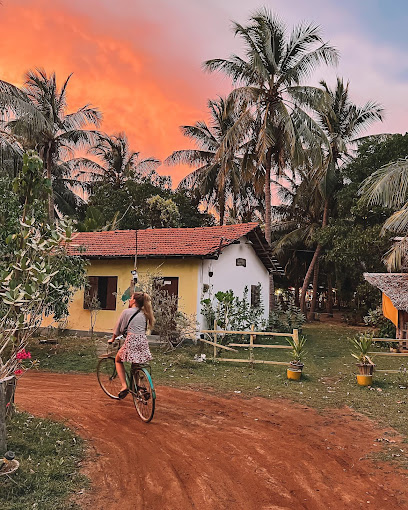
DE SILVA Palmresort Kalpitiya - Kitesurfen Srilanka
Discover the ultimate kitesurfing paradise at DE SILVA Palmresort Kalpitiya, where adventure meets tranquility in stunning Sri Lanka.
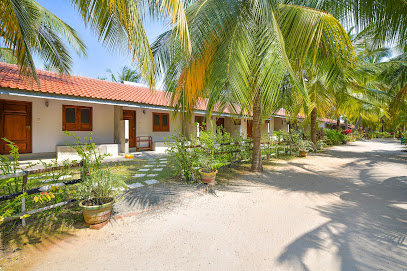
Sun Wind Beach Kite Resort and Kite School Kalpitiya
Experience exhilarating kite surfing and serene beach relaxation at Sun Wind Beach Kite Resort in Kalpitiya, Sri Lanka.

Kite Paradise Resort-Kalpitiya
Experience the perfect blend of relaxation and adventure at Kite Paradise Resort in Kalpitiya, Sri Lanka, a must-visit destination for every traveler.
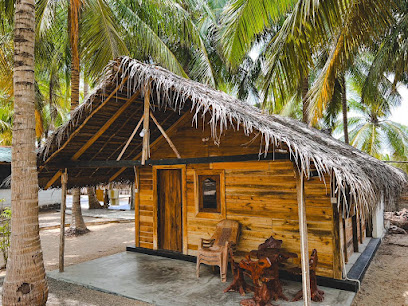
Kalpitiya Dutch Church
Discover the rich colonial heritage at Kalpitiya Dutch Church, a serene historical landmark in Sri Lanka, offering beauty and tranquility.
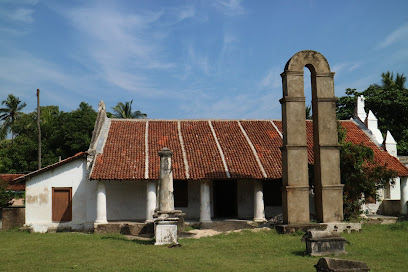
Ruuk Village Kite Resort
Experience the perfect blend of adventure and relaxation at Ruuk Village Kite Resort in Kalpitiya, Sri Lanka, a haven for kite surfing and local cuisine.
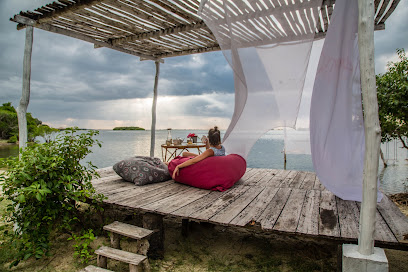
Unmissable attractions to see
St. Anne's National Shrine - Thalawila | සා. ආනා ජාතික සිද්ධස්ථානය - තලවිල | புனித அன்னம்மாள் தேசிய யாத்திரை ஸ்தலம் - தலவில்ல
Discover the spiritual serenity of St. Anne's National Shrine in Thalawila, a cherished pilgrimage site surrounded by breathtaking natural beauty.
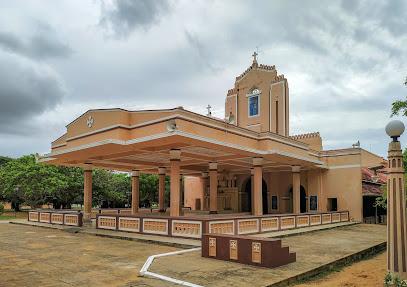
Kudawa Beach Kalpitiya
Discover the enchanting beauty and thrilling adventures at Kudawa Beach, Kalpitiya - a perfect escape for beach lovers and adventure seekers alike.
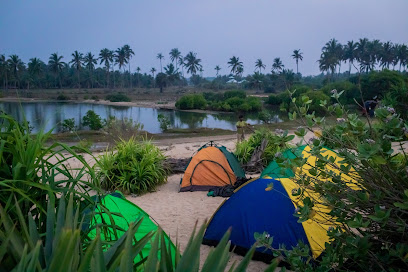
Boat Trip Kalpitiya | Dolphin Watching
Discover unforgettable dolphin watching experiences in Kalpitiya, Sri Lanka, where adventure meets breathtaking natural beauty.
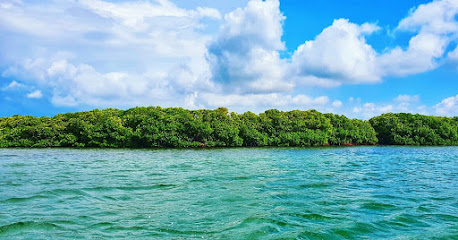
Kalpitiya Dutch Church
Explore the historic Kalpitiya Dutch Church, a serene landmark that reflects Sri Lanka's colonial heritage amidst stunning coastal views.
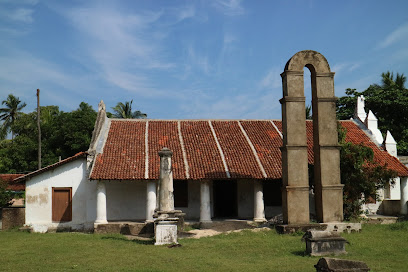
NTM Thahir Children Park Kalpitiya
Discover tranquility and family fun at NTM Thahir Children Park, a serene escape in Kalpitiya surrounded by lush nature and playful spaces.
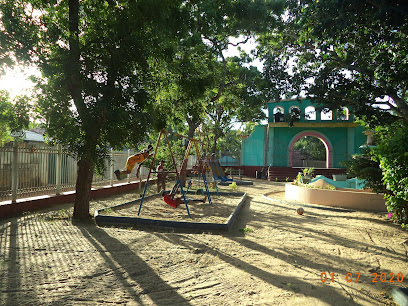
Baththalangunduwa - Uchimunai Church | Boat Tour
Experience the breathtaking beauty of Kalpitiya with the Baththalangunduwa - Uchimunai Church Boat Tour, where adventure meets serenity amidst stunning natural landscapes.
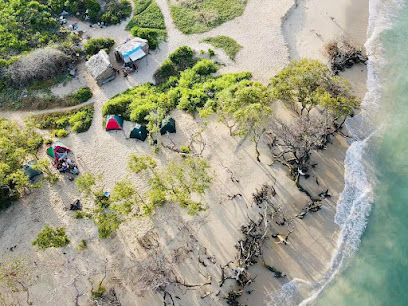
Kandakuliya beach
Experience the tranquility of Kandakuliya Beach, a hidden gem in Sri Lanka with stunning views and local flavors.
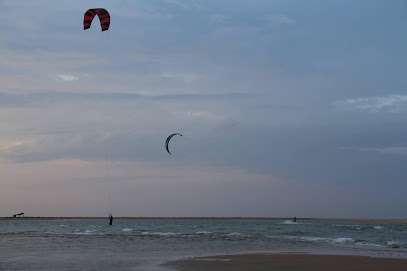
Yoga space Sri Lanka
Experience tranquility and rejuvenation at the Yoga Space in Kalpitiya, Sri Lanka - A perfect retreat for wellness and relaxation amidst nature.
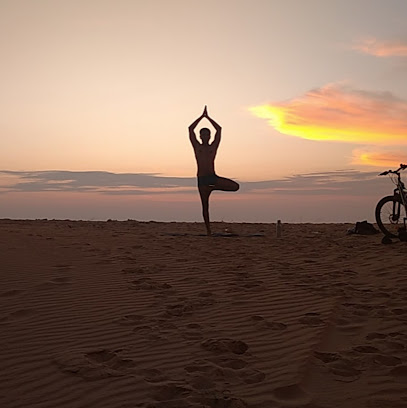
Oyster Farm
Experience the unique charm of Kandakuliya's Oyster Farm, where marine life meets culinary adventure in a serene coastal setting.
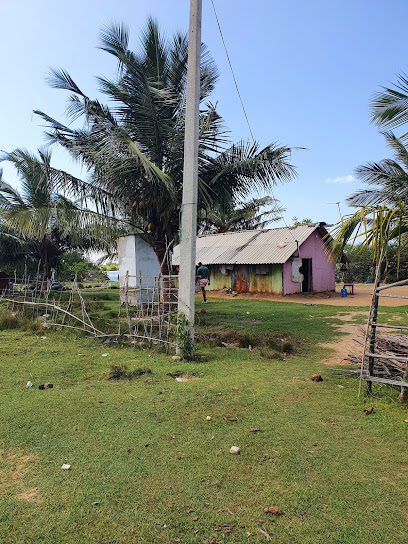
Turtle Watching point
Discover the enchanting world of sea turtles at Turtle Watching Point in Kandakuliya, a must-visit eco-tourism destination for wildlife lovers.
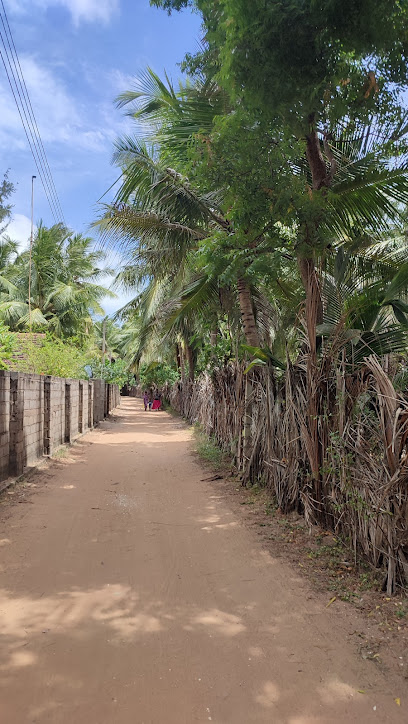
Snapper Point
Experience the tranquility and stunning views at Snapper Point, a hidden coastal treasure in Kandakuliya, Sri Lanka.
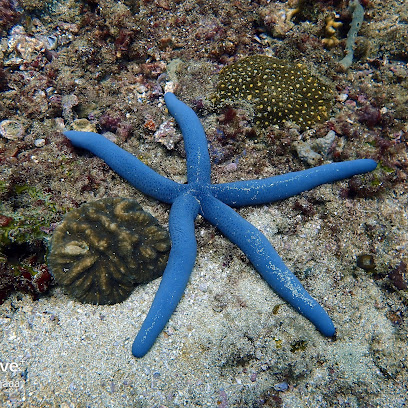
Great tourists at kalpitiya
Explore Kalpitiya, a coastal paradise in Sri Lanka filled with stunning beaches, exciting water sports, and rich local culture.
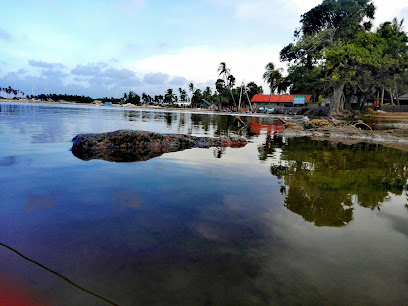
Nethra goon
Experience the tranquility and adventure at Nethra Goon, Kalpitiya's stunning tourist attraction, where nature's beauty awaits.
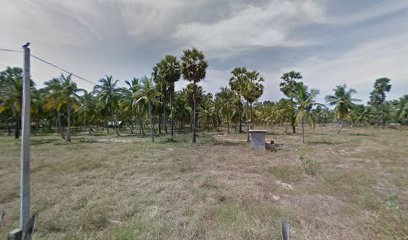
Kudawa Natural Pool
Experience the tranquil beauty of Kudawa Natural Pool, a serene escape in Sri Lanka's lush landscapes, perfect for swimming and relaxation.
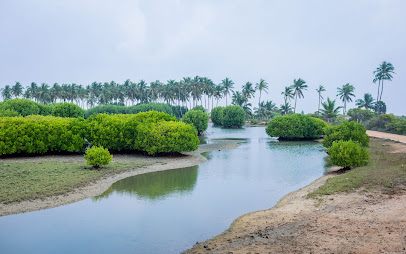
Kalpitiya Barch
Explore the serene beauty and vibrant marine life of Kalpitiya Barch, a hidden paradise in Sri Lanka perfect for adventure and relaxation.
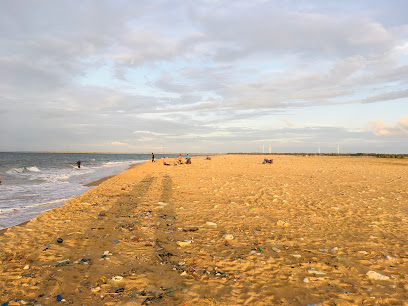
Essential places to dine
Valampuri Kite Resort & Restaurant
Discover adventure and relaxation at Valampuri Kite Resort & Restaurant - your ultimate destination for kite surfing and exquisite dining on Sri Lanka's coast.
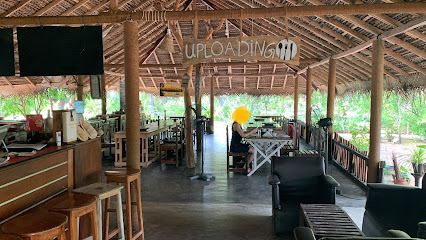
Kite House Cafe and Restaurant
Experience delicious Italian cuisine and refreshing juices at Kite House Cafe while enjoying stunning views in Kappalady.
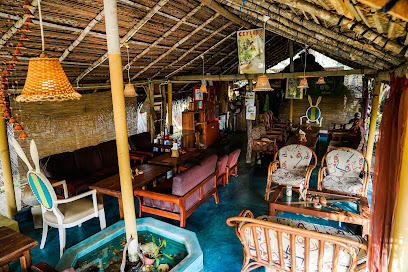
Wellé Wadiya Beach Villa
Experience authentic Sri Lankan flavors and serene beachfront relaxation at Wellé Wadiya Beach Villa in Kalpitiya.
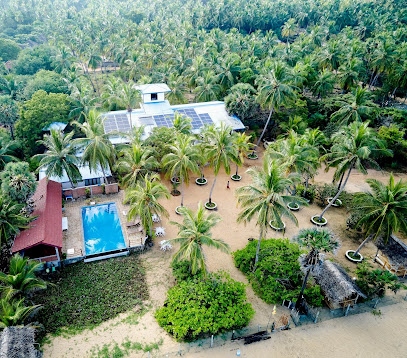
Seth Dev Lagoon Chalets
Experience unparalleled tranquility at Seth Dev Lagoon Chalets—your gateway to luxury accommodations and exquisite seafood dining in Kalpitiya.
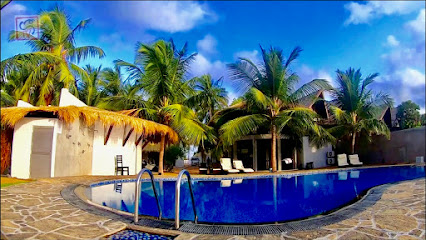
Salt Bay Kite and Dive Resort
Discover adventure at Salt Bay Kite and Dive Resort – where thrilling kite surfing meets serene relaxation in beautiful Kalpitiya.
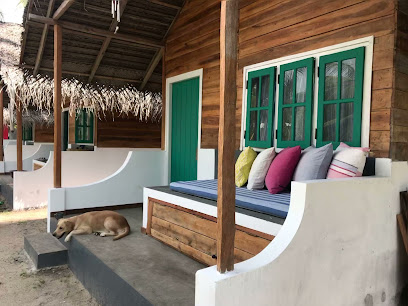
Mama's Here Restaurant
Experience the essence of Sri Lankan seafood at Mama's Here Restaurant in Kalpitiya - where flavor meets relaxation.
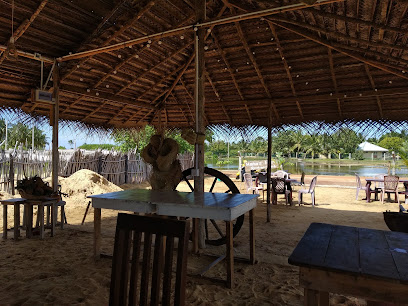
Eagle Restaurant
Discover Eagle Restaurant in Kandakuliya - where authentic Sri Lankan flavors meet warm hospitality for an unforgettable dining experience.
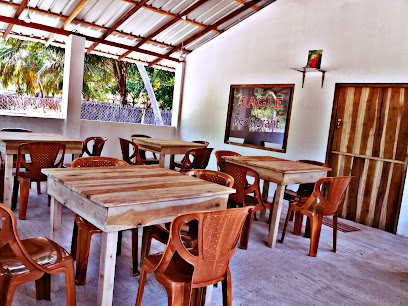
Wind Blend Kite Resort
Discover adventure and tranquility at Wind Blend Kite Resort in Kalpitiya - perfect for kite surfing enthusiasts and relaxation seekers alike.
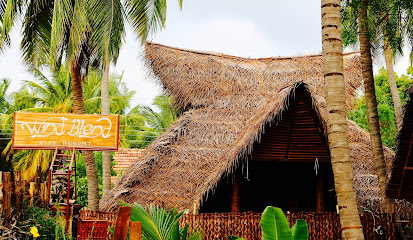
Sri Lanka Kitesurfing -Surfpoint Kalpitiya Kite Village
Discover thrilling kitesurfing adventures at Surfpoint Kalpitiya Kite Village – Sri Lanka's top destination for water sports enthusiasts.
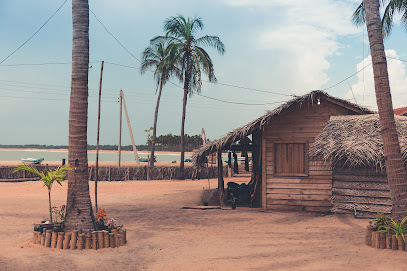
Windy waves beach restaurants
Experience exquisite dining at Windy Waves Beach Restaurants in Kalpitiya - where delicious seafood meets stunning coastal views.
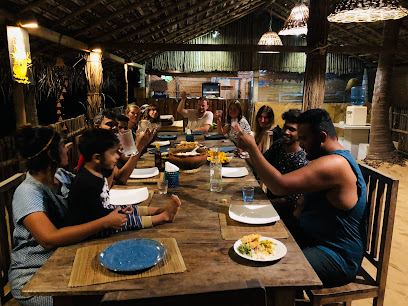
Mom's Kitchen
Experience authentic Sri Lankan cuisine at Mom's Kitchen in Kudawa, Kalpitiya – where every meal is a taste of home.
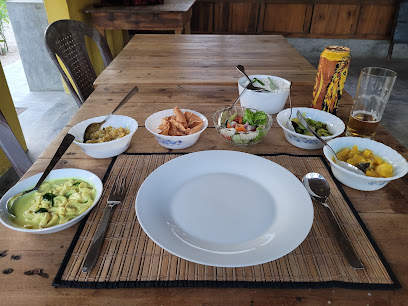
Kite Paradise Resort-Kalpitiya
Discover tranquility and adventure at Kite Paradise Resort in Kalpitiya – your ultimate escape in Sri Lanka's pristine coastal paradise.
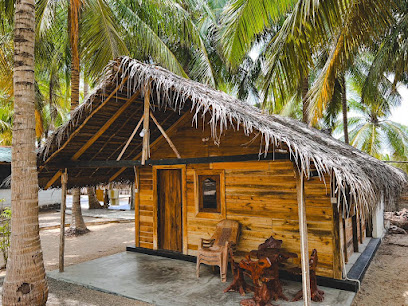
Ruuk Village Kite Resort
Experience adventure and tranquility at Ruuk Village Kite Resort in Kalpitiya - a paradise for kite surfers and food lovers alike.
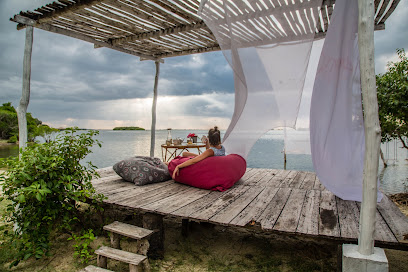
Sea Sand Resort & Restaurant Kalpitiya
Experience exquisite local cuisine and serene ocean views at Sea Sand Resort & Restaurant in Kalpitiya.
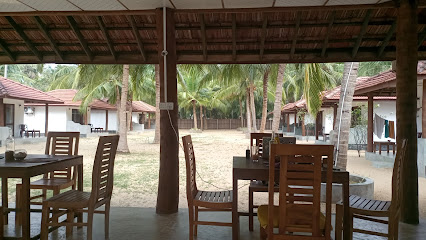
Elite restaurant
Experience authentic Sri Lankan flavors at Elite Restaurant in Kalpitiya, where every dish tells a story of culture and taste.
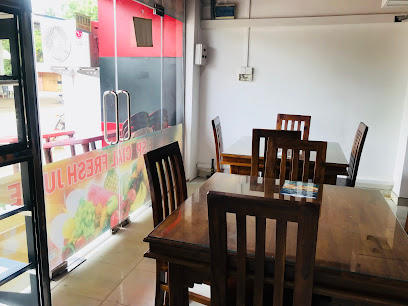
Markets, malls and hidden boutiques
The Rascals Kite Resort
Experience thrilling kitesurfing and serene relaxation at The Rascals Kite Resort in Kalpitiya, Sri Lanka's ultimate water sports paradise.
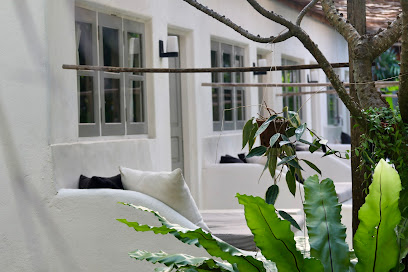
Kitesurfing Kalpitiya - Margarita Village kite school
Experience the thrill of kitesurfing at Margarita Village in Kalpitiya, Sri Lanka, where adventure meets luxury in a breathtaking coastal setting.
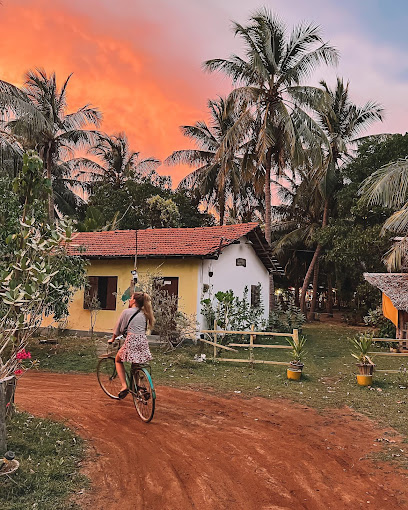
Sun Wind Beach Kite Resort and Kite School Kalpitiya
Experience exhilarating kite surfing and serene beachfront relaxation at Sun Wind Beach Kite Resort in Kalpitiya, a tropical paradise for adventure seekers.

HashUp Gallery
Discover the charm of Sri Lankan artistry at HashUp Gallery, where unique gifts and local crafts await every traveler.
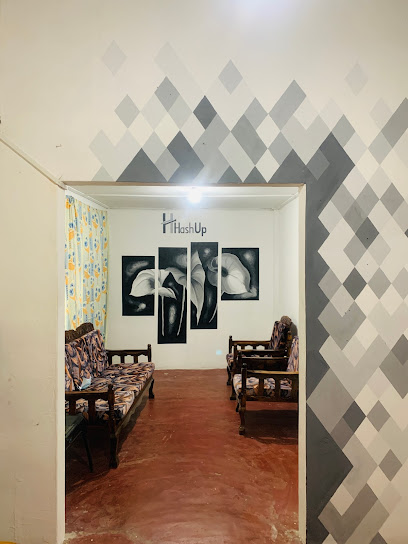
Riyo Ice Cream & Fresh Drink
Experience the refreshing taste of ice cream and drinks at Riyo Ice Cream & Fresh Drink, your sweet escape in Kalpitiya, Sri Lanka.
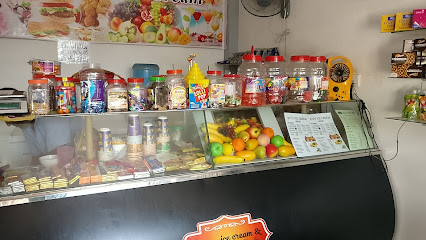
Riyal and son's pizza House
Discover the delectable taste of Riyal and Son's Pizza House in Kalpitiya, where delicious pizzas and warm hospitality await every visitor.
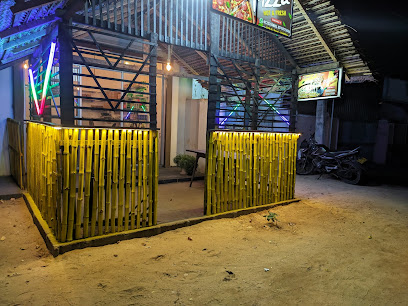
Central Bakers
Savor the best of Kalpitiya at Central Bakers, where every bite of freshly baked goods tells a story of local flavors and culinary artistry.
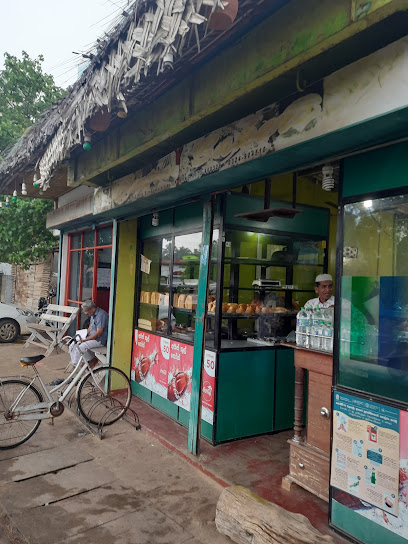
Nuha showroom
Explore Nuha Showroom in Kalpitiya for a unique shopping experience featuring quality home goods and local craftsmanship.
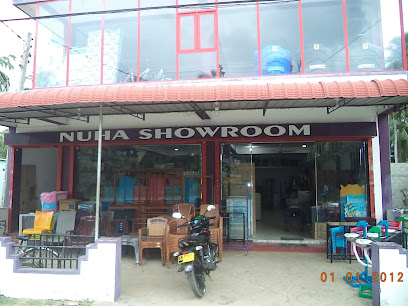
wood work
Explore Kalpitiya's finest plus size clothing store, offering stylish and quality fashion for all sizes in a warm, welcoming atmosphere.
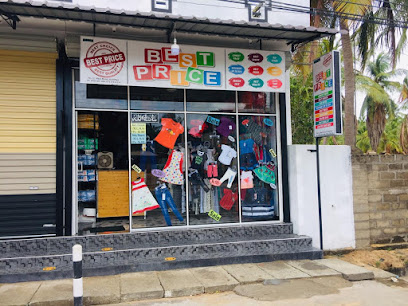
Kalpitiya
Experience the vibrant culture and local flavors at Kalpitiya's bustling market, a must-visit for an authentic Sri Lankan adventure.
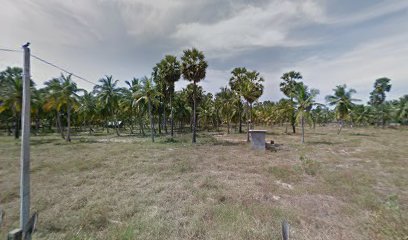
Puttalam
Puttalam: A Coastal Haven in Sri Lanka Where Adventure Meets Serenity and Culture.
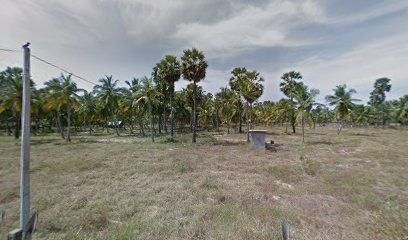
wonon gift
Explore the vibrant offerings of Wonon Gift Shop in Kalpitiya, where local crafts and unique treasures await every tourist.

Trend
Explore the vibrant fashion scene at Trend in Kalpitiya, where local craftsmanship meets contemporary style for an unforgettable shopping experience.
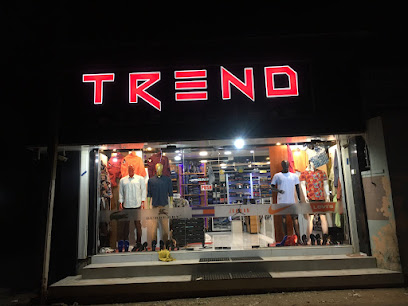
Nuraicholai
Explore Nuraicholai in Kalpitiya: Your gateway to authentic Sri Lankan culture and unique handcrafted treasures.
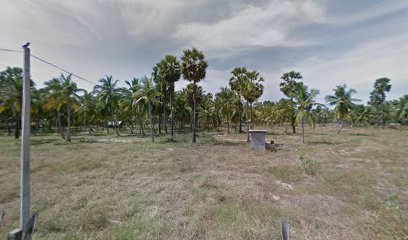
C N Dry Fish Store
Explore the authentic flavors of Sri Lanka with a visit to C N Dry Fish Store in Kalpitiya, offering a variety of dried seafood and cultural experiences.
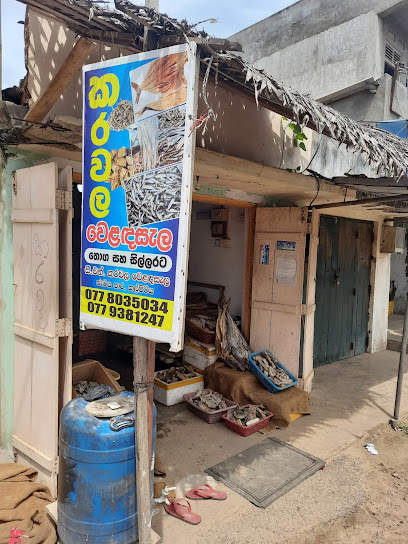
Essential bars & hidden hideouts
Mama's Here Restaurant
Experience fresh seafood and vibrant South Asian cuisine at Mama's Here Restaurant in Kalpitiya, the ideal spot for relaxation and delicious dining.
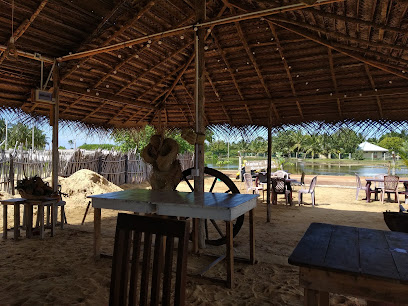
Windy waves beach restaurants
Discover the charm of Windy Waves Beach Restaurants, an oceanfront dining experience in Kalpitiya, Sri Lanka, with fresh seafood and breathtaking views.
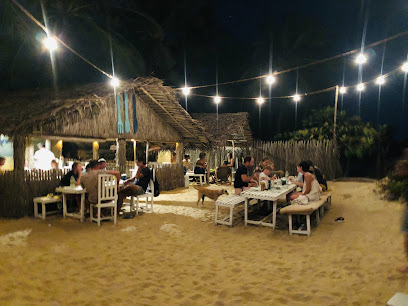
Elite restaurant
Experience the best of Sri Lankan cuisine at Elite Restaurant, a culinary gem in Kalpitiya offering delightful dishes and a warm atmosphere.
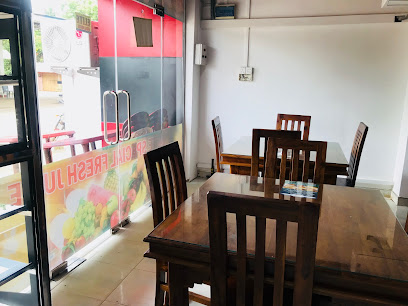
SUNSET CHILL OUT BAR KALPITIYA
Experience breathtaking sunsets and vibrant local flavors at Sunset Chill Out Bar Kalpitiya, the ultimate tropical oasis for relaxation and adventure.
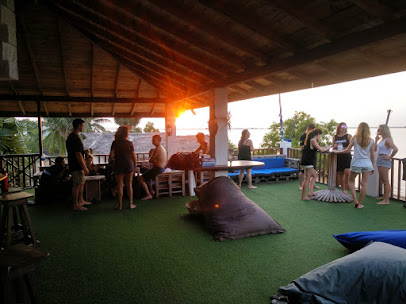
Government Resthouse
Experience authentic Sri Lankan cuisine in a welcoming atmosphere at the Government Resthouse, Kalpitiya's culinary gem.
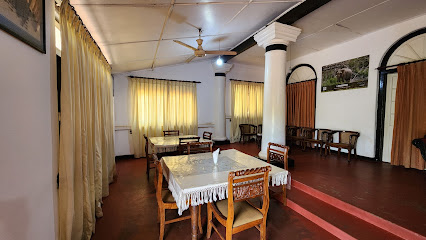
Kalpitiya Liquor store
Experience the vibrant nightlife at Kalpitiya Liquor Store, where local spirits and a welcoming atmosphere await every traveler.
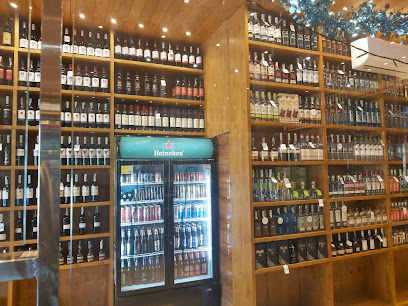
Bluewhale Restaurant and Bar
Experience the best of Sri Lankan cuisine at Bluewhale Restaurant and Bar, where fresh seafood meets stunning coastal views in Kalpitiya.
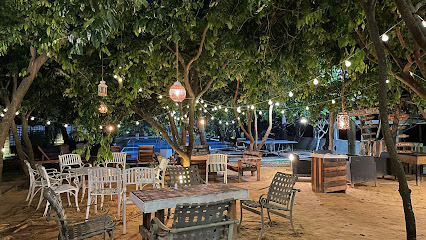
Lakmal Wine Stores
Experience the vibrant local culture at Lakmal Wine Stores, a cozy bar in Mampuriya offering an exquisite selection of wines and a friendly atmosphere.
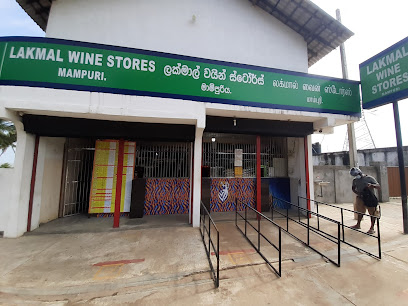
Ocean Breeze Restaurant
Experience the flavors of Sri Lanka at Ocean Breeze Restaurant, where fresh seafood meets stunning beach views for an unforgettable dining experience.
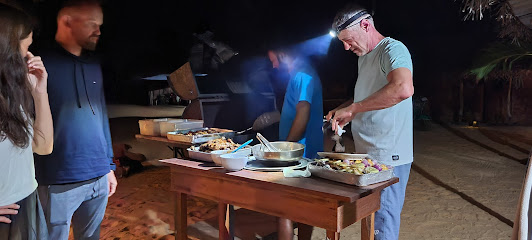
Sampath Beer House & Restaurant.
Explore authentic Sri Lankan cuisine and refreshing drinks at Sampath Beer House & Restaurant in Kalpitiya, a perfect retreat for tourists.
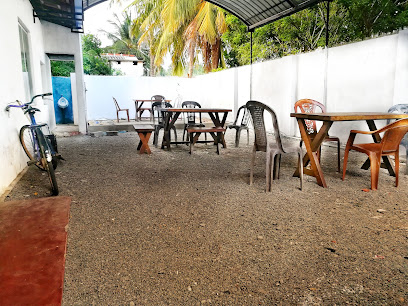
Sunset Bar
Discover tranquility at Sunset Bar, where refreshing drinks meet breathtaking sunsets along the stunning Dutch Bay in Kalpitiya, Sri Lanka.
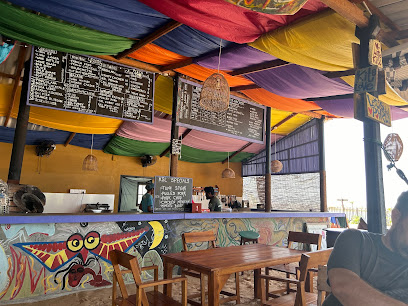
Point Bar
Experience the vibrant nightlife of Kalpitiya at Point Bar, where local charm meets refreshing drinks in a lively atmosphere.
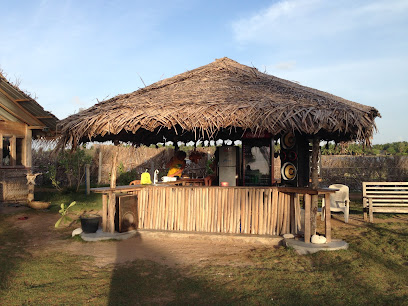
The Shore Bar & Grill
Experience the perfect blend of local flavors and stunning coastal views at The Shore Bar & Grill in Kalpitiya.
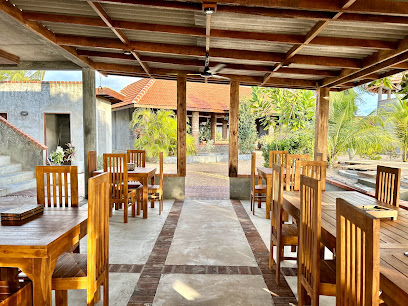
Aqkeel juice bar
Experience the refreshing taste of local fruits at Aqkeel Juice Bar in Kalpitiya, where vibrant flavors meet a welcoming atmosphere for all visitors.
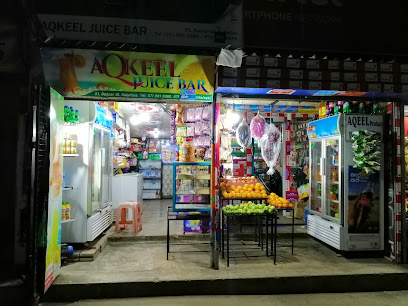
Local Phrases about Kalpitiya
-
- Helloහෙලෝ
[helo] - Goodbyeවියදන්
[vidan] - Yesඔව්
[ow] - Noනෑ
[nē] - Please/You're welcomeකරන්න/ස්තුතිලත්
[karanna/stutilt] - Thank youඔබට ස්තුතිල්ලා
[obat stutillā] - Excuse me/Sorryකම්මැලි/සපුරා
[kammāli/sapurā] - How are you?ඔය කෙසේ වේද?
[oya kesē wēda?] - Fine. And you?හොඳේ. ඔයේ?
[hodē. oyē?] - Do you speak English?ඔයා ඉංග්රීසි කතා කරනවාද?
[oyā iṁgrīsi kathā karanvāda?] - I don't understandමම දදාගන්නේ නෑ
[mama dadāgannē nē]
- Helloහෙලෝ
-
- I'd like to see the menu, pleaseකරුණාකොට මෙනු බලන්න
[karunakot menu balan na] - I don't eat meatමම සුප්පමා කරන්නේ නෑ
[mama suppamā karan nē] - Cheers!සුගල්ලා!
[sugallā] - I would like to pay, pleaseකරුණාකො ගෙවූවාද
[karunako gewwāda]
- I'd like to see the menu, pleaseකරුණාකොට මෙනු බලන්න
-
- Help!උක්කයා!
[ukkayā] - Go away!නැහැ!
[nayi] - Call the Police!පොලිස් අපෙන්න
[polis apennā] - Call a doctor!වෛරස් අපවන්න
[vaṛas apavannā] - I'm lostමම අතිලින්මෙ
[mama atilinmē] - I'm illමම අස්වැස්සෙ
[mama aswassē]
- Help!උක්කයා!
-
- I'd like to buy...කරුණාකො වෙල්ලා
[karunako wella] - I'm just lookingමම දැනගන්නේ නෑ
[mama dānagannē nē] - How much is it?එයා ගාළුවේ?
[eyā gāluwē?] - That's too expensiveඑයා තිස්සේ වේ
[eyā thissē wē] - Can you lower the price?ගත්තාකො වැඩ කරනවාද?
[gattako wāda karanvāda?]
- I'd like to buy...කරුණාකො වෙල්ලා
-
- What time is it?වේදින් කවුද?
[wēdin kavuda?] - It's one o'clockඑකක් ඇතිලි
[ekak atili] - Half past (10)දෙව්මැලි (10)
[dēvmēli (10)] - Morningඅතුල්
[atul] - Afternoonපස්වැයි
[paswāyi] - Eveningසව්දු
[savdu] - Yesterdayඊයේ
[īyē] - Todayඅදින්
[adin] - Tomorrowහෙදන්
[hedan] - 1එක
[eka] - 2දෙක
[dēka] - 3තුන
[thuna] - 4හත
[hata] - 5පහ
[paha] - 6හය
[haya] - 7හත
[hata] - 8අට
[ata] - 9නම
[nama] - 10දහය
[dahaya]
- What time is it?වේදින් කවුද?
-
- Where's a/the...?... කෙසේ තියෙනවා?
[... kesē tīyēnavā?] - What's the address?ලිපිනය කුමක්ද?
[lipinaya kumakda?] - Can you show me (on the map)?මට ප්රාදෙන්නවාද (මුදුමෙන්)?
[mat prādennavāda (mudumē)?] - When's the next (bus)?ඊළඟ (බස්) කවුද?
[īlaga (basa) kavuda?] - A ticket (to ....)ප්රාදුව (.... යටත්)
[prāduwa (.... yatath)]
- Where's a/the...?... කෙසේ තියෙනවා?
History of Kalpitiya
-
Kalpitiya's strategic location along the Puttalam Lagoon has made it a significant maritime hub since ancient times. Archaeological evidence suggests that the area was a bustling port for trade between the East and the West, with traders from Arabia, China, and India frequenting its shores.
-
In the early 16th century, the Portuguese arrived in Sri Lanka and quickly recognized the strategic importance of Kalpitiya. They established a fort in the area to protect their trading interests and exert control over the region. The remnants of the Portuguese Fort in Kalpitiya still stand today, offering a glimpse into the colonial past.
-
After the Portuguese, the Dutch took control of Kalpitiya in the mid-17th century. They expanded the fortifications and used the area as a base for their naval operations. The Dutch Fort in Kalpitiya, built in 1667, is a testament to their architectural style and strategic military planning.
-
Kalpitiya came under British control in 1796 as part of the broader colonization of Sri Lanka. The British utilized the region for its natural resources, including the rich fisheries of the Puttalam Lagoon. They also introduced new agricultural practices and infrastructure development, which have left a lasting impact on the area.
-
Kalpitiya is not only rich in history but also in cultural diversity. The area is home to a mix of ethnic groups, including Sinhalese, Tamils, and Muslims, each contributing to the vibrant cultural tapestry. Traditional fishing communities, with their unique customs and practices, have thrived here for generations.
-
In recent years, Kalpitiya has gained recognition for its marine biodiversity, particularly its dolphin and whale watching opportunities. The area is part of the Bar Reef Marine Sanctuary, one of Sri Lanka's largest coral reef ecosystems, which underscores the ongoing efforts in marine conservation and eco-tourism.
Kalpitiya Essentials
-
Kalpitiya is located in the Puttalam District of the North Western Province of Sri Lanka. The nearest international airport is Bandaranaike International Airport in Colombo, approximately 150 kilometers away. From Colombo, you can take a taxi, private car hire, or public transportation such as buses and trains. The journey typically takes around 3 to 4 hours by road. Alternatively, you can take a train from Colombo to Puttalam and then a local bus or taxi to Kalpitiya.
-
While in Kalpitiya, you can get around by tuk-tuks, bicycles, or rented scooters. Tuk-tuks are readily available and a common mode of transport for short distances. Bicycles and scooters can be rented from local shops and are a convenient way to explore the area at your own pace. For longer trips, you can hire a private car or use local buses that connect to nearby towns and villages.
-
The official currency in Sri Lanka is the Sri Lankan Rupee (LKR). Credit cards are accepted in some hotels, restaurants, and shops, but it is advisable to carry cash, especially in smaller establishments and rural areas. ATMs are available in Kalpitiya, but it is wise to withdraw sufficient cash in larger towns before traveling to ensure you have enough funds.
-
Kalpitiya is generally a safe destination for tourists. However, it is advisable to take standard precautions. Avoid walking alone at night in unfamiliar areas and keep an eye on your belongings in crowded places. While there are no specific high-crime areas targeting tourists, it is always best to stay vigilant and aware of your surroundings.
-
In case of emergency, dial 119 for police assistance and 110 for medical emergencies. The local police station and medical facilities are available in Kalpitiya. It is recommended to have travel insurance that covers medical emergencies. For minor health issues, there are pharmacies in the town where you can purchase over-the-counter medications.
-
Fashion: Do dress modestly, especially when visiting religious sites. Avoid wearing revealing clothing. Religion: Do respect local customs and traditions. Always remove your shoes and cover your head when entering temples. Public Transport: Do be respectful and give up your seat to elderly passengers. Don't eat or drink on public transport. Greetings: Do greet people with a smile and a slight bow or a handshake. Eating & Drinking: Do try local delicacies and accept food offerings graciously. Don't refuse hospitality, as it is considered impolite.
-
To experience Kalpitiya like a local, visit the local markets where you can buy fresh seafood and traditional Sri Lankan goods. Engage with locals, as they are often friendly and willing to share stories about the area's history and culture. Don't miss visiting the Kalpitiya Dutch Fort, which offers a glimpse into the colonial past. For a unique experience, take a boat trip to see dolphins and whales, which are abundant in the waters around Kalpitiya.
Trending Landmarks in Kalpitiya
-
Kalpitiya Dutch Fort
-
Atara Lagoon Kalpitiya
-
Kalpitiya ocean Lanka
-
Kudawa Beach Kalpitiya
-
Kalpitiya Beach
-
Boat Trip Kalpitiya | Dolphin Watching
-
The Araliya Retreat
-
Sri Lanka Kitesurfing -Surfpoint Kalpitiya Kite Village
-
Kalpitiya Lagoon
-
Kitesurfing Kalpitiya - Margarita Village kite school
-
DE SILVA Palmresort Kalpitiya - Kitesurfen Srilanka
-
Sun Wind Beach Kite Resort and Kite School Kalpitiya
-
Kite Paradise Resort-Kalpitiya
-
Kalpitiya Dutch Church
-
Ruuk Village Kite Resort
Nearby Cities to Kalpitiya
-
Things To Do in Sigiriya
-
Things To Do in Negombo
-
Things To Do in Kandy
-
Things To Do in Polonnaruwa
-
Things To Do in Colombo
-
Things To Do in Jaffna
-
Things To Do in Trincomalee
-
Things To Do in Nuwara Eliya
-
Things To Do in Bentota
-
Things To Do in Ella
-
Things To Do in Hikkaduwa
-
Things To Do in Kanyakumari
-
Things To Do in Galle
-
Things To Do in Unawatuna
-
Things To Do in Madurai








